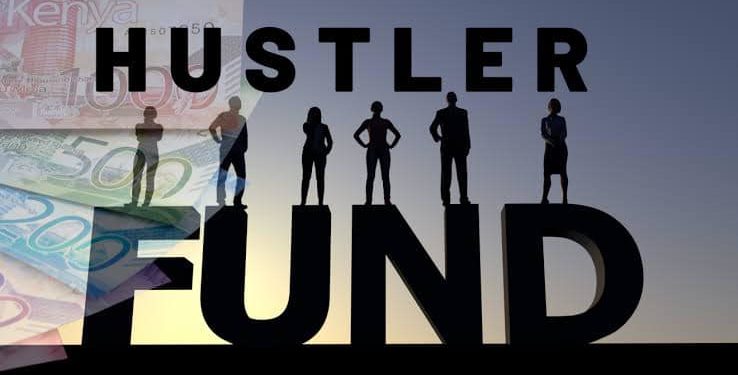With a cumulative of Ksh50 billion in the basket, President William Ruto’s Hustler Fund looks like the saviour for small-scale traders and Kenyans in the lower cadre of the social class.On the other hand, I can describe it as a political debt that had to be settled, but certainly unsustainable as an economic concept, costing 51% for an 8% return.
In trying to analyze whether the Hustler Fund is sustainable, as always I looked at the data. The most relevant metric here is the cost of the fund to the government versus the 8% it’s getting back.
1. Cost of bad loans:
The biggest cost for the Hustler Fund is going to be default rates as a government-sponsored special fund. The average default rate for government-sponsored special funds is 40%. Uwezo Fund’s default rate is about 64%, Women Enterprise Fund is 6.7%, and Youth Enterprise fund is 48%, a simple average is about 40%. Put simply, for every 100 bob lent out, they will lose 40 bob, but you can put in your own assumption for the cost of bad loans.
2. Cost of operations:
The cost of operating a retail fund is at best 2%. Put simply, for every Ksh10 lent out, they will use Ksh2 for administration.
3. Cost of the money:
The cost of short-term borrowing for the government, the 91-day t-bill is about 9%. Put simply, for every Ksh100 lent, they will use Ksh9 to source the funds.
If you add up the cost of credit of 40% (or whatever number you want to assume), plus the 2% administration cost and the 9% cost of money, you are getting to a total cost of 51%.
So the government is getting money at a total cost of 51% and lending it out at a total interest of 8%, hence a net loss of 43% for every shilling lent. That means, for the Ksh50 billion per year to the Hustler Fund, they will lose Ksh22 billion every year.
That is not a sustainable model, hence my view is that its just a populist but unsustainable model. It seems like it was simply paying back the hustlers for their vote. It was settling a political debt.
Even if it was a sustainable idea, which it is not, the total loan market is about Ksh3.6 trillion. So even putting Ksh50 billion into the economy is just 1.4% of the loan market, with hardly any impact.
The point is, obviously the Hustler Fund is not sustainable, it will dissipate soon, like hot air. It was a political debt that had to be paid, and its important to settle political debts.
But now that the political debt of the hustler vote has been settled, the government should turn to address the serious credit problem in Kenya – credit is hard to access and when accessed it’s very expensive, especially for hustlers.
Edwin H. Dande is the CEO of Cytonn Investments and a senior analyst with The Sharp Daily
Email your news TIPS to editor@thesharpdaily.com
















